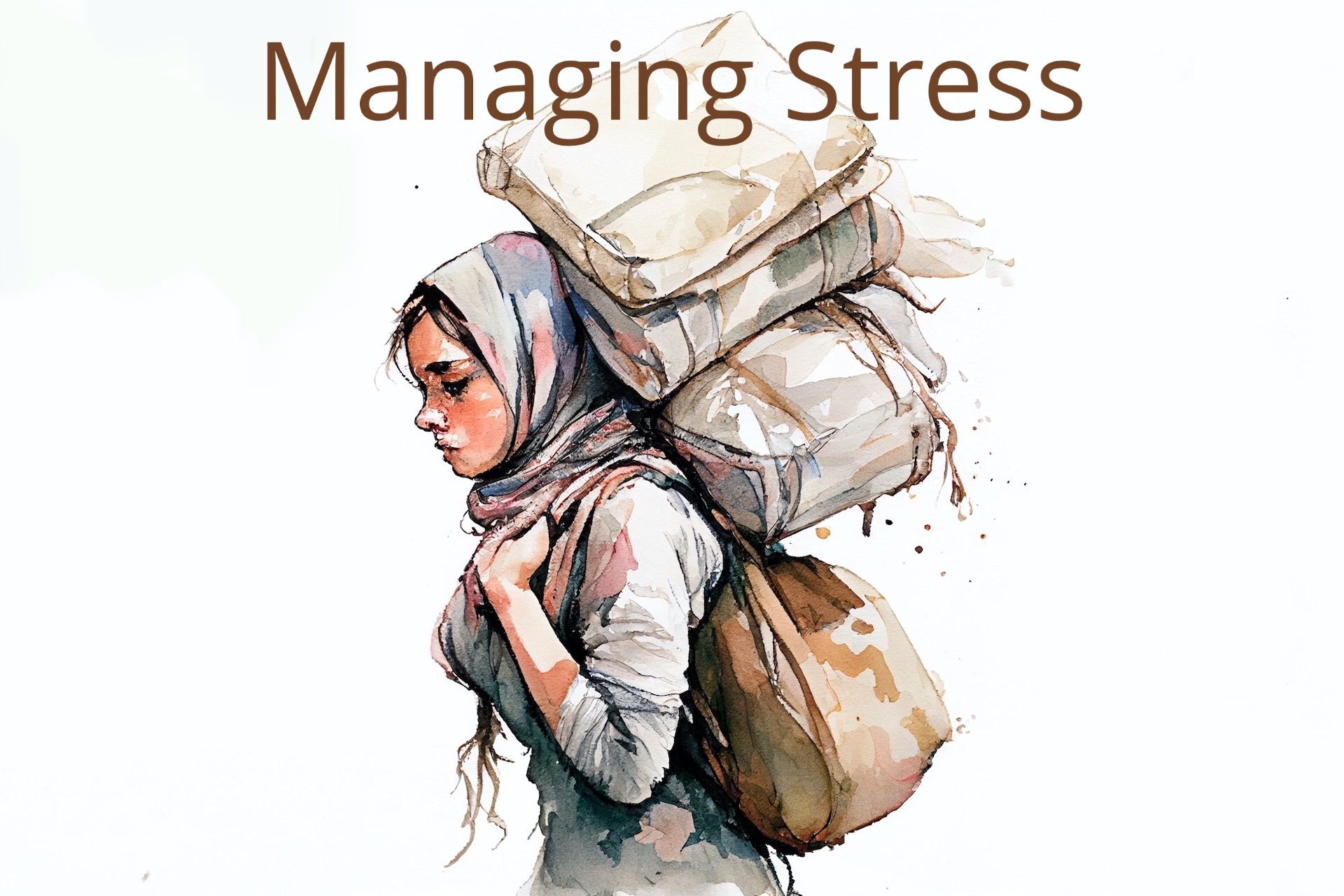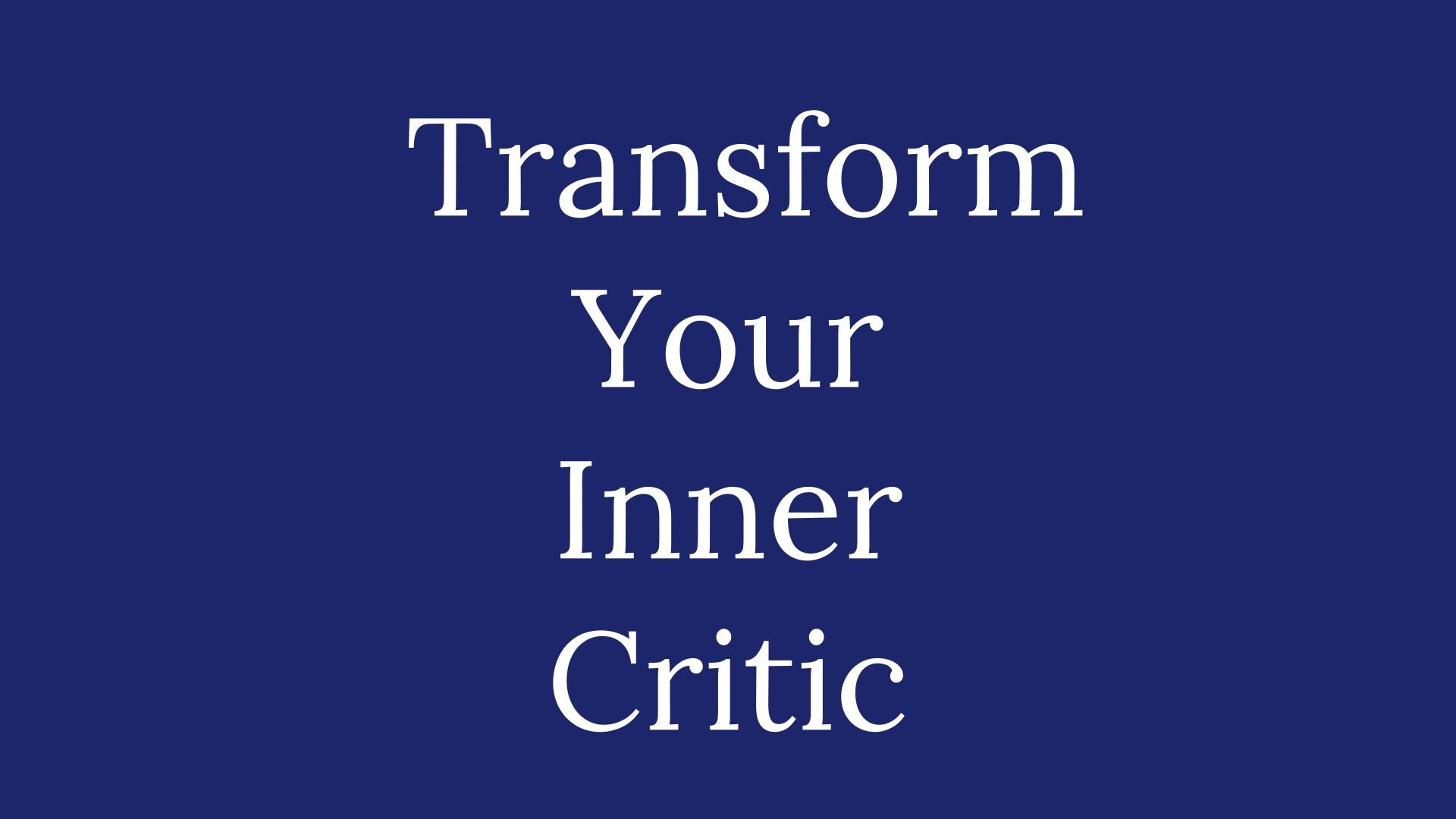Managing Stress

What is Stress?
You may have heard that stress is a redundant hangover from our ancestors' lives in nature, but stress keeps us alive.
Stress is your body's response to a challenge.
When you jump out of the way of an oncoming car, it is your body's stress response that protects you.
The stress response pumps you full of stress chemicals, and your heart and blood pressure increase. This then feeds your muscles with oxygen and energy. You are instantly prepared to respond to the threat. Your stress response is essential for your survival.
So stress can be good, but chronic stress (experiencing stress constantly) is all bad. In the face of continuous threats such as financial insecurity or a problematic family, your stress system stays locked on.
This system has evolved over billions of years to protect us from *physical* threats. The stress chemicals will stay in your body as long as the threat continues. Stress has a profound impact on the body. While we remain stressed, some critical body functions, such as the immune system, are suppressed. [1]
Meditation and stress
Meditation regulates stress at many levels. A beginner can learn to intervene in their stress level with a few days or weeks of practice. Stress management practices are a cornerstone of what I teach. They are highly effective [2], [3].
The growing effects of meditation on stress over time are well documented. Long ago, researchers moved away from the question of the effectiveness of meditation to explore the mechanism that underlies it [4].
Finally, the effects of long-term meditation on the brain have long been known to change brain structure. The changes are good, and thankfully, they are permanent [5].
Which type of meditation is best for stress?
Different meditation practices affect stress in different ways. The most obvious difference is how long it takes a student to learn the technique effectively.
For dealing with a crisis, breathing and relaxation are the best way to manage short-term stress [6].
Is meditation good for exam stress?
One of the systems that high-stress switches off is memory. Short-term memory is inversely proportional to stress levels. As your stress grows, your short-term memory reduces, making it difficult to remember something under pressure.
If we do a complex calculation or compose a detailed summary, we must simultaneously hold many different things in our minds. High stress breaks this ability. To intervene quickly in the stress response, we start with the breath. Elite athletes, performers and the military regulate their breathing to manage their stress [7]
Can I use meditation for chronic stress?
To reduce chronic stress, regular mindfulness meditation with a breath-based focus is the best way[8].
Will meditation help with anger?
You can use the same practices for anger as you use for stress. You may not be able to intervene in your anger at first, but you can reduce the level after the event, which will help you to calm down. In the process, you are training your brain to respond to anger with a calming practice. Over time, you will find yourself responding with a calming practice at the point you become angry. The only way to monitor this change, which can take years, is to look back over time to see your progress[9].
Sign up for more articles like this
This is the last article I shall make publicly available in this series. To access the rest of the articles this week, sign up free to this website and newsletter using the green button below.
References
[1]Cumulative childhood stress and autoimmune diseases in adults - Dube et al. Journal of psychosomatic medicine 2009 - https://www.researchgate.net/publication/23972622_Cumulative_Childhood_Stress_and_Autoimmune_Diseases_in_Adults
[2] Effects of Yoga Respiratory Practice (Bhastrika pranayama) on Anxiety, Affect, and Brain Functional Connectivity and Activity: A Randomized Controlled Trial - Frontiers in psychology journal 2020 - https://www.ncbi.nlm.nih.gov/pmc/articles/PMC7253694/
[3] Sighing-Peng Li* and Kevin Yackle - Current biology 2017 - article in Cell - https://www.cell.com/current-biology/pdf/S0960-9822(16)31055-7.pdf
[4] Blood Pressure Response to Meditation and Yoga: A Systematic Review and Meta-Analysis -Park et al. The Journal of alternative and complementary medicine 2017 https://pubmed.ncbi.nlm.nih.gov/28384004/
[5] "Results also show that meditation practice induces functional and structural brain modifications in expert meditators" - The Meditative Mind: A Comprehensive Meta-Analysis of MRI Studies - Boccia, Piccardi, Guariglia - University of Rome - BioMed Research International - 2017 - https://www.hindawi.com/journals/bmri/2015/419808/
[6] The Four Tens Relaxation Meditation from The Meditation Course Podcast - https://podcasts.apple.com/gb/podcast/the-meditation-course/id1549271245?i=1000509176273
[7] The 4–6 Breaths from The Meditation Course Podcast - https://podcasts.apple.com/gb/podcast/the-meditation-course/id1549271245?i=1000508812805
[8]The Following The Breath Meditation from The Meditation Course Podcast - https://podcasts.apple.com/gb/podcast/the-meditation-course/id1549271245?i=1000509758871
[9] Anger, Burnout, and Overwhelm - https://youtu.be/8hNt8wSXpd0





Comments ()